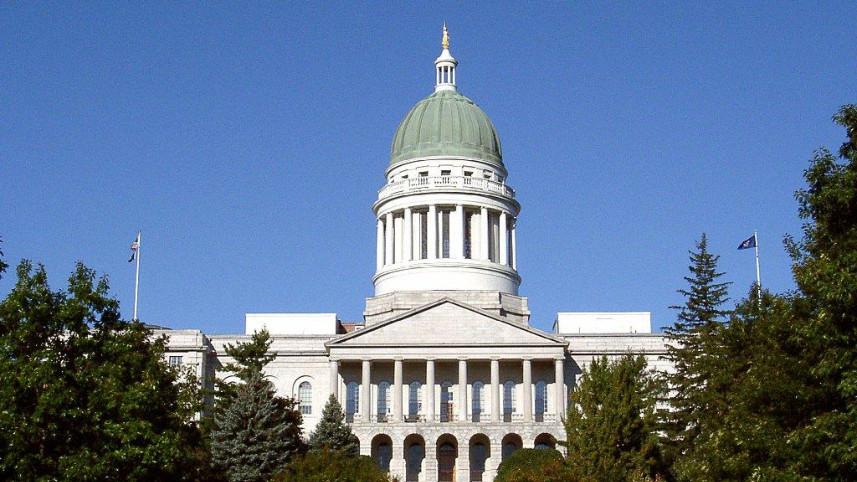"Teachers and science advocates are voicing skepticism about a Maine proposal to update standards to incorporate teaching about genocide, eugenics and the Holocaust into middle school science education," reported the Associated Press (December 4, 2023). Maine adopted the Next Generation Science Standards in 2019, but the standards are already undergoing revision and review, which is required every five years.
The proposed revisions (document) to middle school standards about evolution and heredity claim, among other things, that misinterpretation of "fossil observations" and of "the ideas of natural selection and artificial selection" produced the "false idea of human hierarchies and racial inequality," leading to atrocities such as the Holocaust, the Rwandan genocide, and the mistreatment of indigenous people in Maine.
Explaining the proposed revisions to the Associated Press, a spokesperson for the Maine Department of Education cited a recently enacted law requiring the incorporation of African American studies, Maine Native American history, and the history of genocide in instruction, although the law itself appears to specify neither the subjects nor the grades in which such instruction is required.
Critics of the revisions cited a variety of problems. Joseph L. Graves Jr. of North Carolina A&T University, a member of NCSE's board of directors and a recognized expert on racism and science, endorsed the general idea behind the revisions but expressed concern about the details: "it comes down to when to do that and whether the people doing it are doing it in a way that is knowledgeable and pedagogically sound."
Tonya Prentice, president of the Maine Science Teachers Association, observed that science teachers were not prepared to teach these topics and that it would be difficult for them to teach middle school students about these troubling historical events when they are encountering the scientific content for the first time: "[T]hat's just putting it at a level that is fundamentally higher than we should expect them to handle."
Alison Miller of Bowdoin College, who served on the steering committee for the science standards, described the proposed revisions as "misguided," adding, "This is not a shoehorn-able subject. ... This is about context and nuance, asking teachers to do it without the context and nuance that it takes to take on a subject so large and so important is asking them to do it superficially or not at all."
In a later article on the controversy from CNN (December 14, 2023), Prentice reiterated the MSTA's opposition to the proposed revisions, saying, "While the Maine Science Teachers Association is not philosophically opposed to expanding middle school content in the areas proposed, we believe civics and social studies programming are better suited to delivering the content in question."
The same article ended by quoting Miller as saying, "So where it is absolutely logical to revise the Maine learning results for social studies to include the history of genocide, it is a much greater stretch to add curriculum related to genocide within the existing science standards, particularly when there is no plan for or funding allocated to the professional learning that would be necessary for science teachers to feel confident teaching a topic of such gravity."
The public comment period on the revised science standards ended on November 14, 2023; the department of education has not released the written comments that it received. The next step, according to the department, is that the revisions will be conveyed to the Education and Cultural Affairs Committee of the state legislature, which will hold a public hearing and work session before sending the proposed revisions to the full legislature.


